Category: Health
-
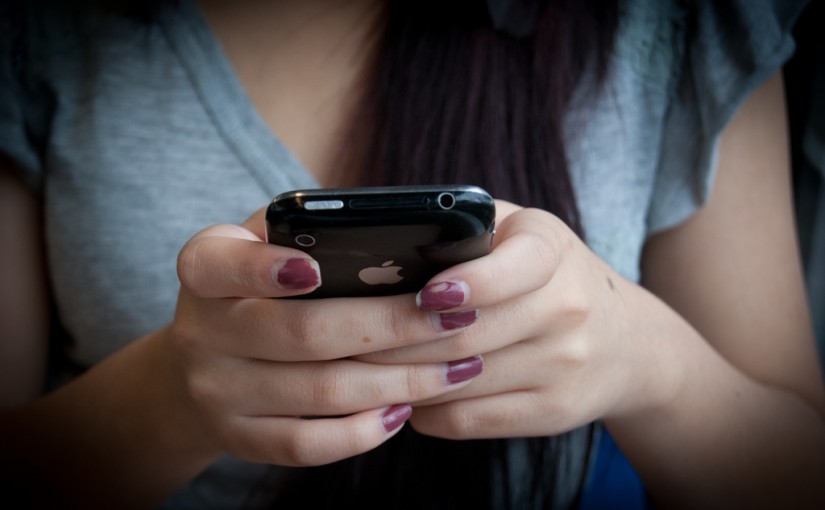
Is Texting Bad for your Health?
Before you pick up your cell phone to send your next text, read this article. Texting may be harming your health in some surprising ways. We all know that texting while driving is not safe, and may cause unnecessary accidents as drivers are completely distracted by their phones, even those who say they can still…
-

How Much Sleep is Enough?
Do you have a friend who says they can function on four to six hours of sleep? If so, you might have wondered if this is true. Can people really get by on so little sleep? How much sleep do humans need to function optimally? The short answer is seven to nine hours a night.…
-
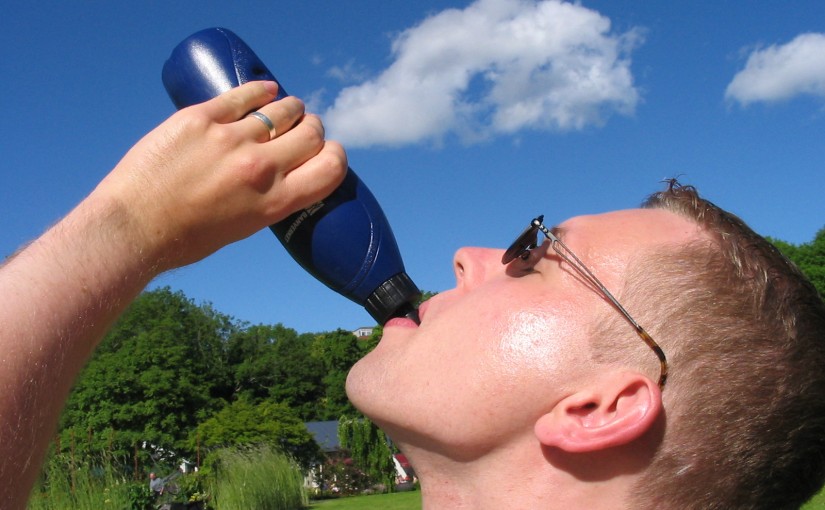
5 Ways to Up Your Daily Water Intake
Health professionals agree. Drinking sixty-four ounces of water per day is vital for your health. This amount of water keeps all of the body’s systems running efficiently. However, getting the necessary amount of water is not always easy, especially for people who do not like the taste. If you are one of those people, or…
-

Music As Therapy: The Healing Power Of Music
For ages, people have turned to music to get excited, calm down, share experiences, and more. Over time, scientific research has shown that this natural affinity for tunes is much more than a feeling—music can have powerful healing qualities. Music therapy applies those scientific findings to enhance music’s power and help people heal to improve…
-

Ways to Relax
Let’s face it, life is busy. Sometimes it catches up with us, leaving us feeling stressed and overwhelmed. When this happens, you need a way to fight back. Fortunately, even just a few minutes can be enough to help you recharge. Here are 26 ways to relax. Breathe Take 5 deep breathes, give it your…
-

Is Facebook Good For Your Health?
Is Facebook good for your health? It’s a big question, and as social media continues to become more and more prevalent, an important one. According to a 2013 study by Facebook and IDC, smartphone users check Facebook as much as 14 times a day. Any time an action becomes habitual and compulsive like this, it…
-
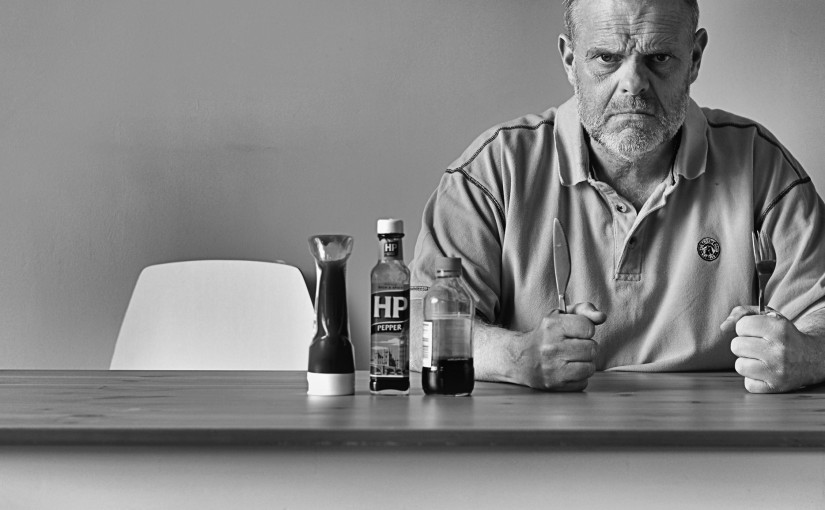
The Health Benefits of Fasting
People have fasted for thousands of years, and for thousands of years, people have held testament to this practice’s health benefits. And it turns out, they were on to something—the latest scientific research shows that the health benefits are real and manifold. Fasting is the practice of not consuming food for extended periods. There are…
-
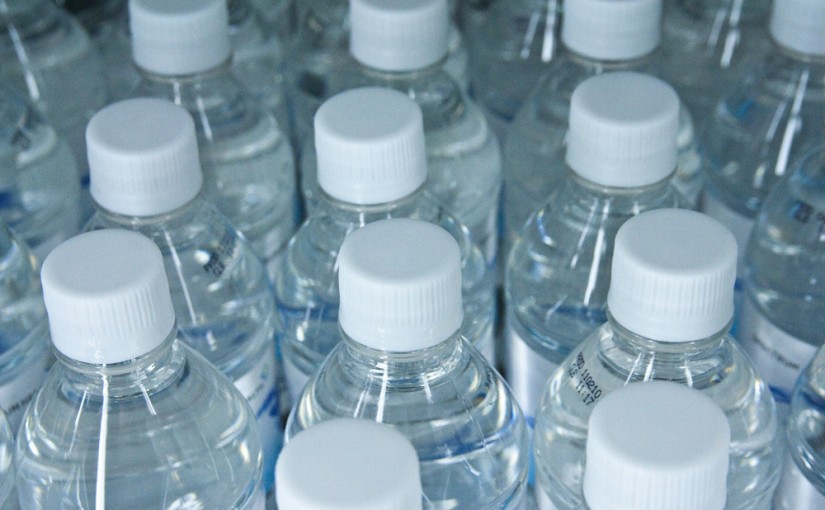
The Health Benefits of Water
We all know water is important to stay hydrated, but do you know all the ways that water is helping you stay at the top of your game? With zero calories and a long list of benefits, there are few things that are healthier or more essential for our bodies than water. Check out these lesser-known…
-
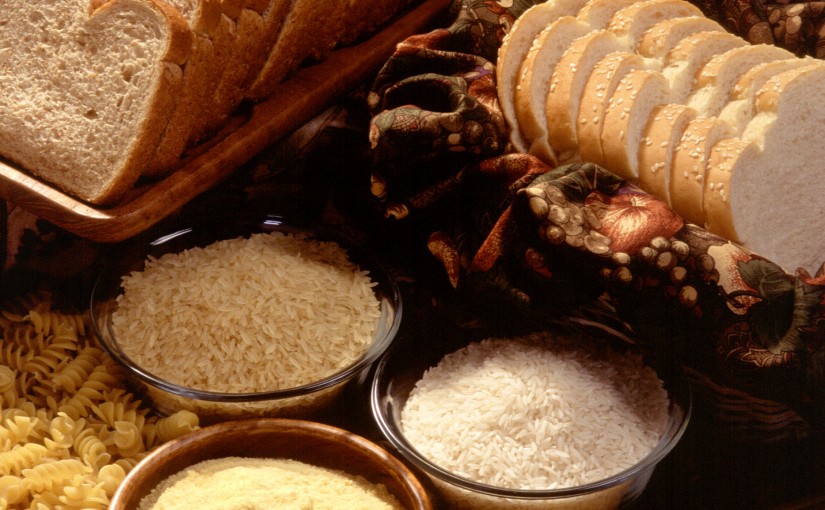
Bread, Rice, Pasta: Why Brown is Better
Many people love pasta and rice. However, most of us prefer the white versions of these foods over the brown because they look much tastier. However, where nutrition is concerned, brown bread, rice and pasta are much better for you. If you want to include more brown bread, rice and pasta in your diet, or…
-
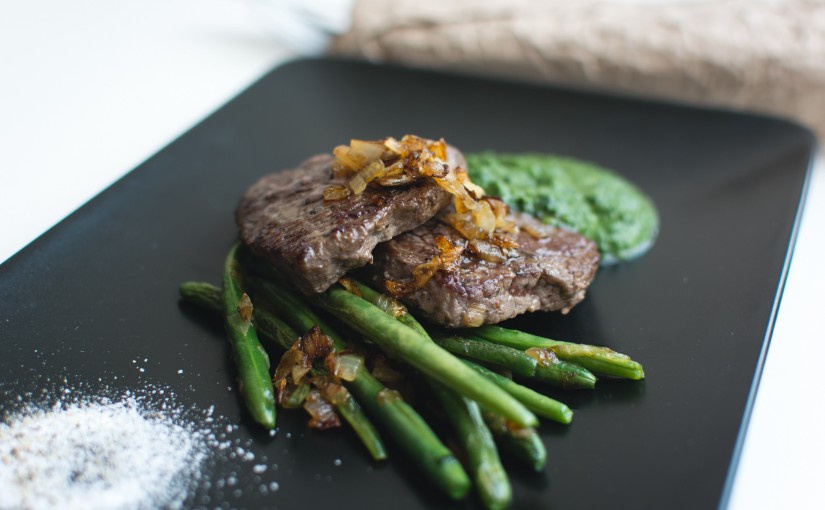
The Benefits of Paleo
As far as diets go, paleo is both very new and very old. At first, this may seem like a contradiction, but people have been eating in this fashion for millions of years, ever since the first hunter-gatherer tribes appeared on Earth. However, it was only just recently that we became aware of the health…